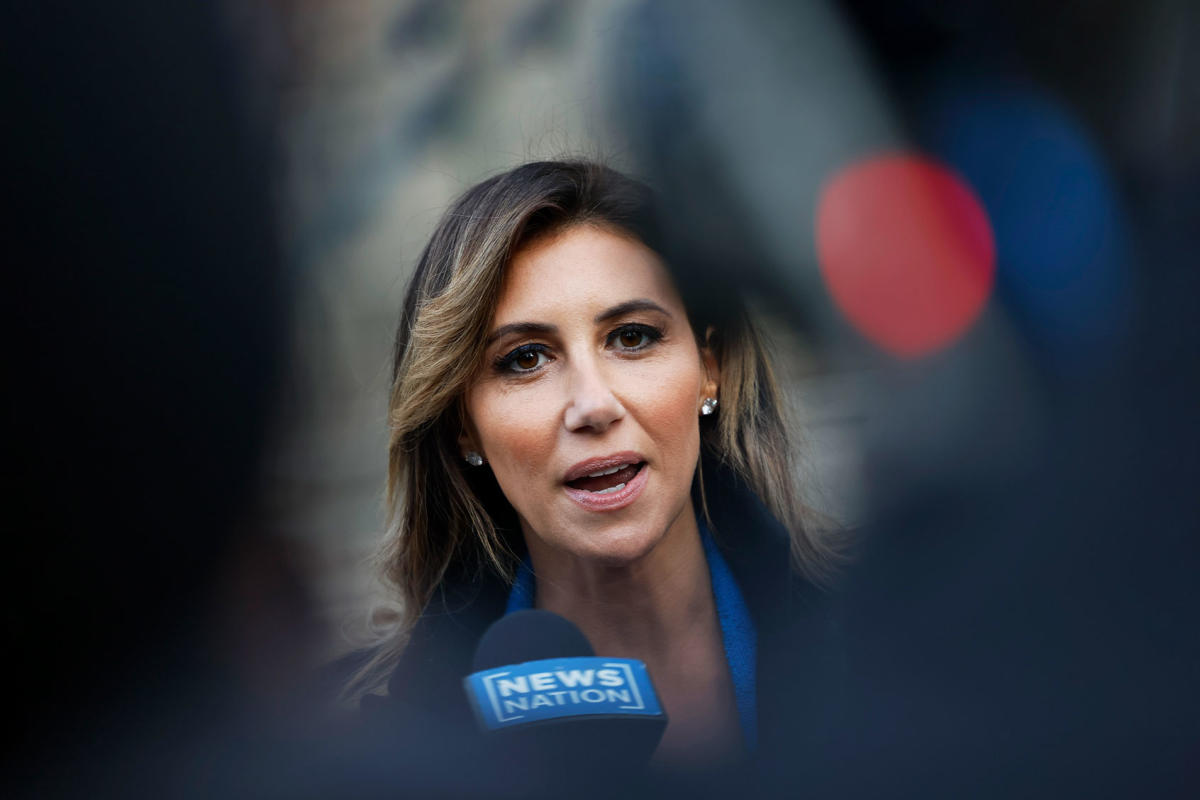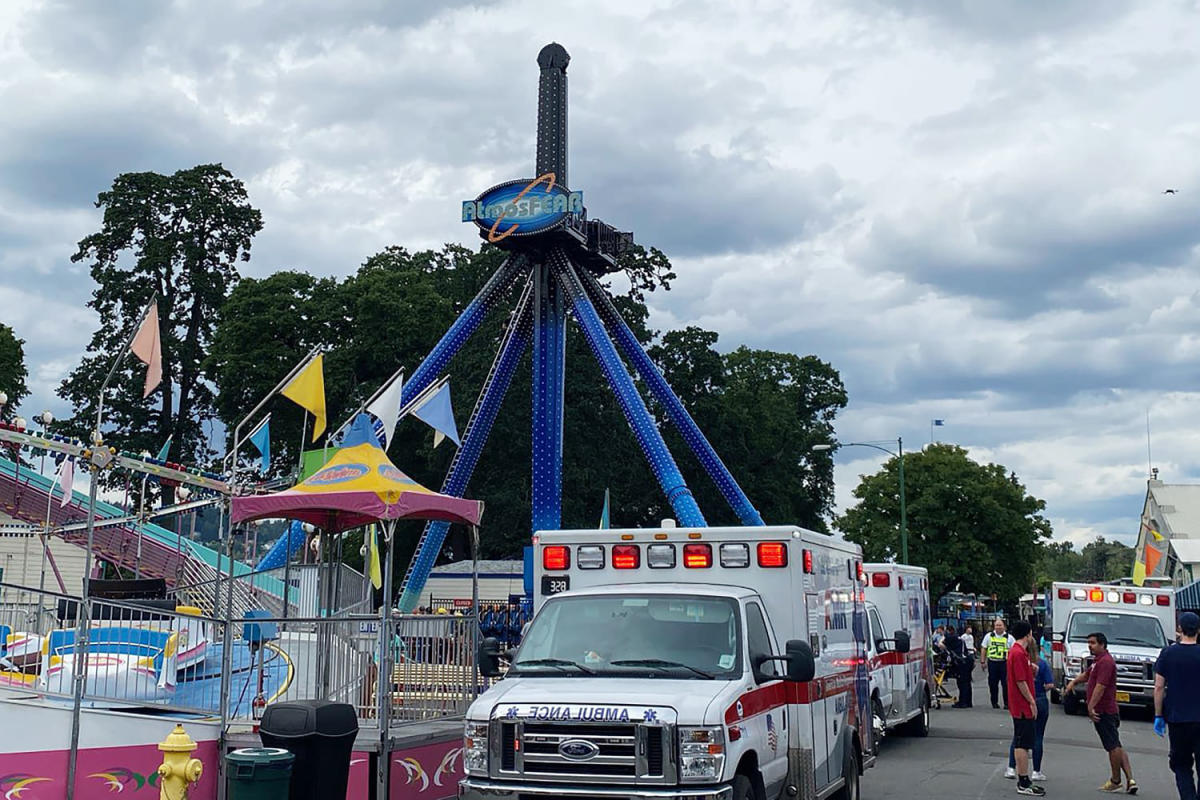A few days after Peyton Manning attended a fundraising event for an expansion of the Ascension St. Vincent children’s hospital that bears his name, a prominent health care advocate posted an open letter on LinkedIn, asking the former football star to re-evaluate his relationship with the national hospital chain.
Ascension operates more as a profit-driven company than a nonprofit religious charity, rendering it undeserving of charity, argues the post by Chris Deacon, a New Jersey consultant who helps employers manage health care costs.
A growing number of people alarmed with the financial action of nonprofit hospitals across the country share Deacon’s perspective. Some health care systems that have tax-exempt status solicit donations while operating with enough savings to run for many months to years with no revenue, paying executives handsome salaries and running budgets with focus on the bottom line instead of community need.
In the case of Ascension, the health care system has faced local backlash for decisions that appear to prioritize financial over community health, such as closing much needed care sites across Indiana, including doctor’s offices and rural hospitals.
Hospitals say donations are needed
In an emailed statement, Ascension pushed back on the criticism, calling such claims “without merit” and saying that hospital system needs to raise funds to expand access to care.
“Ascension St. Vincent remains proud of our community’s trust, support and commitment to expanding access to exceptional care for families in Indiana, paying special attention to the poor and vulnerable,” a spokesperson for Ascension said in a prepared statement.
The Indiana Hospital Association also defended Ascension’s fundraising efforts, a practice they note is common across the industry. Although fundraising may seem to be unnecessary when a hospital has money coming in, those dollars can support programs that would otherwise not exist, hospital advocates say.
“Donations are often used for specific programs that are difficult to fund on a hospital’s operating margin, such as expanding health care services and access points and providing cutting-edge technology, equipment, and medical research,” Laura Kracher, a spokesperson with the association said.
But Deacon and many others have a different view. During a conference on health care affordability in Indianapolis last month hosted by the Employer’s Forum, a coalition of businesses focused on lowering the cost of care, she told the crowd about her effort to lobby Manning, whom she has admired since he was a quarterback for the University of Tennessee in her home state. Deacon addressed her letter to Peyton Manning and his charity, the PeyBack Foundation.
“Ascension’s financial ventures are at odds with its public persona as a nonprofit faith-based health care provider,” she wrote. “The organization’s engagement in sophisticated investment activities, including venture funds domiciled in Cayman, stands in stark contradiction to the philanthropic image it projects.”

A surprising meeting
Then in a surprising twist, Deacon told the soldout gathering of hundreds of employers, a few months after posting the story, she came face-to-face with the former quarterback at the Green Bay airport.
The two spoke briefly, she told the IndyStar.
“He was interested in hearing more,” she said.
Neither the PeyBack Foundation nor Manning responded to a request for comment.
Children’s hospital fundraising is a lucrative opportunity
Nonprofit hospital networks often have robust fundraising efforts for their children’s hospitals, such as Riley’s Children’s Hospital, Children’s Hospital of Philadelphia and Boston Children’s Hospital, said Gei Bai, a Johns Hopkins University professor who has written columns arguing that many nonprofit hospitals do not deserve nonprofit status.
But hospitals don’t have to tell the public how they’re spending the donations, she said, and people may not know to ask.
“People don’t have scrutiny when it comes to children’s hospitals,” she said. “The cause itself sounds very noble.”
St. Jude’s Children’s Research Hospital, known for heart wrenching commercials featuring bald children suffering from cancer, was the subject of a ProPublica investigation that revealed the nonprofit amassed enough fortune to run its operation for four and a half years while some families emptied savings and borrowed from friends to pay for care.
Scrutiny over nonprofit donation spending isn’t limited to hospitals. Charity watchdog organizations have popped up to help donors decide where to put their money and to call out organizations for misusing donations.
The key for donors is to research the organization before donating, said Patricia Illingworth, a Northeastern professor of philosophy and business and the author of a book on ethical donating called ‘Giving Now.’
That goes especially for prominent people like Manning because they can influence others to donate, Illingworth said.
Ascension’s billions in reserves
Ascension is one of the biggest nonprofit hospitals in the country, spanning 19 states and more than 140 hospitals. In the fiscal year that ended June 30, Ascension reported $20.5 billion in cash and investments, including private equity and real estate funds and hedge funds.
The national health network has been the subject of scrutiny in recent years.
In 2021, STAT, a publication that covers the health care industry, wrote that Ascension built a private equity operation that behaves like a “Wall Street firm.” A New York Times investigation in 2022 found that the network spent years cutting jobs and struggled to care for patients through the pandemic.
The national network has enough cash saved up to run its hospitals, clinics and offices for about seven months without any additional income or having to sell any stock, according to financial documents the network published.
Kracher, from the hospital association, said hospitals often need extensive reserves to weather financially turbulent times. The ongoing debate is how much nonprofits need to keep on hand. Ascension, like others, reported that it didn’t make enough money to cover its expenses last year− a net loss of $2.66 billion last year. But historically, the network has charged Indiana patients more than those in other states, according to a study by the National Academy for State Health Policy. That same year, Ascension St. Vincent Hospital in Indianapolis made $167 million from its operations.
Ascension is more than a nonprofit hospital
Ascension’s business practices outside of its hospital operations also contributed to Deacon’s decision to focus on the St. Louis-based health system, she said. She singled out Ascension for its extension portfolio of for-profit subsidiaries, such as Ascension Investment Management, an insurance holding company and a venture capital company, Ascension Ventures, that invests in medical startups.
So when she saw news of Manning’s fundraising efforts, she felt compelled to say something.
“I thought he should know some of the dirty deeds that Ascension has done…not expecting to get a response or for him to see it.” Deacon said during the conference. “But I was lucky enough to be at the airport in Wisconsin briefly and who should be behind me but Peyton Manning.”
She had two choices, she told the crowd of like-minded employers at that May conference.
“I could be the crazy lady that wanted a selfie or I could be the crazy lady that approached Peyton Manning and told him all about Ascension hospitals and why you should really look more into the organizations that he allows his name to be associated with.”
Binghui Huang can be reached at 317-385-1595 or Bhuang@gannett.com
This article originally appeared on Indianapolis Star: Some critics think many non-profit hospitals should not fundraise
Signup bonus from





